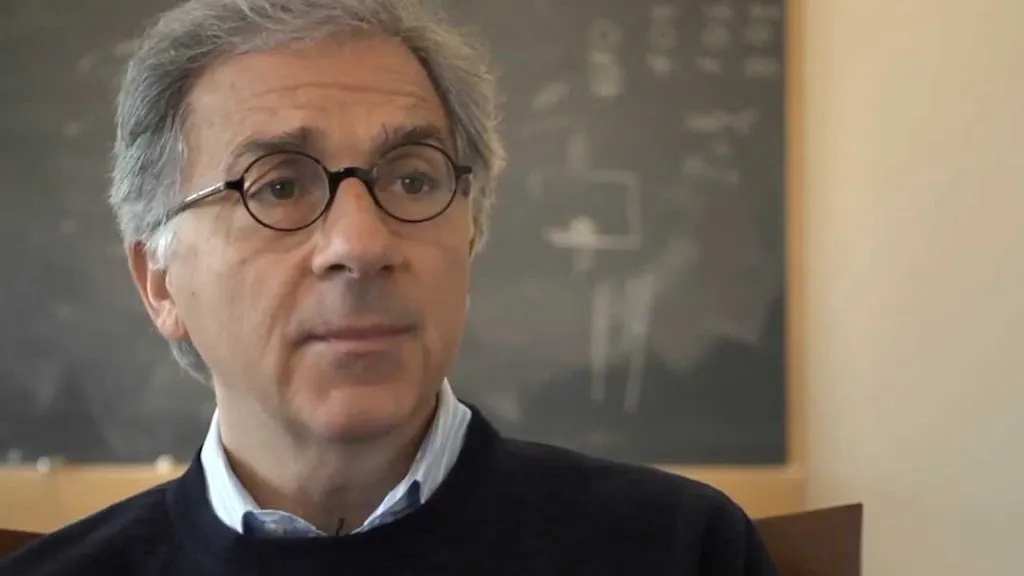Douglas Melton is rectified in its discovery of betatrophin to treat diabets.
The withdrawal of scientific articles is usually associated with the suspicion or accreditation of a fraud in the process of research and dissemination of results, but the last impact case is the history of teamwork in which the author himself of what in what inHis day was considered a promising advance in diabetes has joined those who questioned their results to perform new tests and verify that the initial hopes were unfounded.
In 2013, Douglas Melton, professor at Harvard University and co -director of the stem cell institute of this university, published in Cell magazine the results of an essay with betatrophin.Melton, father of two diabetic children, had discovered beta -stroke, the hormone responsible for pregnancy to multiply the production of insulin up to four times.
When dealing with this hormone to six mice showed that the production of pancreatic beta cells - the insulin generators - rose up to 30 times more than normal.
It is not what seemed
Melton himself indicated at the time that “this could be used in patients.Instead of injecting insulin three or four times a day it would be enough with a betatrophine injection once a week or month. ”
However, in 2014 an independent group published in Cell that Betatrophin was not responsible for the expansion of pancreatic beta cells and in that same number melton admitted that “the mechanisms that control the replication of beta cells are clearly more complicated than whatWe proposed in 2013.
Scientific research has been withdrawn at the request of the authors, who point out that the conclusion achieved of their original finding was wrong.
We remain committed to solving this puzzle in mice to determine later whether or not these findings are relevant in human pathology. ”
rectify time
In mid -2016, Melton joined a team from Baylor College of Medicine to publish a “collaborative approach to solve the controversy on betatrophine”, which concluded without ambigu”
Melton has closed the year 2016 with an official retraction note in Cell magazine, whose text is now when looking for the original 2013 article, and where it is explained that the investigation has been withdrawn at the request of the authors.
In addition, these detail the process by which they concluded that their original finding "is wrong", a path in which the main milestone was the impossibility of replicating the results in blind trials.




